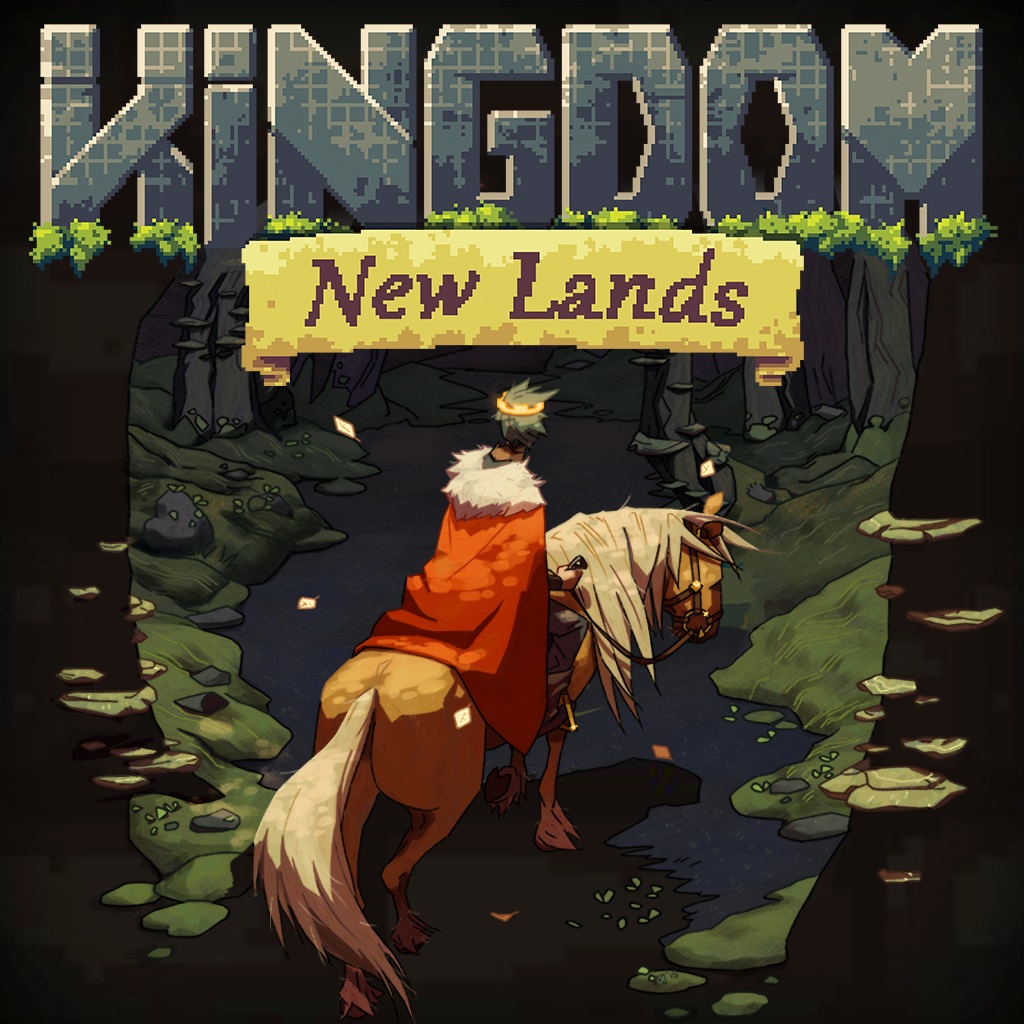

Īccording to Martin Noth, the term is not an "authentic and original name for this land", but instead serves as "a somewhat flexible description of the area which the Israelite tribes had their settlements". Ezekiel, though generally preferring the phrase 'soil of Israel' ( 'admat yiśrā’êl), employs eretz Israel twice, respectively at Ezekiel 40:2 and Ezekiel 47:18. The words are used sparsely in the Bible: King David is ordered to gather 'strangers to the land of Israel' ( hag-gêrîm 'ăšer, bə’ereṣ yiśrā’êl) for building purposes ( 1 Chronicles 22:2), and the same phrasing is used in reference to King Solomon's census of all of the 'strangers in the Land of Israel' ( 2 Chronicles 2:17). The term "Land of Israel" is a direct translation of the Hebrew phrase ארץ ישראל ( Eretz Yisrael), which occasionally occurs in the Bible, and is first mentioned in the Tanakh in 1 Samuel 13:19, following the Exodus, when the Israelite tribes were already in the Land of Canaan. Map of Eretz Israel in 1695 Amsterdam Haggada by Abraham Bar-Jacob. It often surfaces in political debates on the status of the West Bank, referred to in official Israeli discourse as the Judea and Samaria Area, from the names of the two historical Jewish kingdoms. The Land of Israel concept has been evoked by the founders of the State of Israel. Official Hebrew documents used the Hebrew transliteration of the word "Palestine" פלשתינה (Palestina) followed always by the two initial letters of "Eretz Yisrael", א״י Aleph-Yod. ĭuring the League of Nations mandate period (1920–1948) the term "Eretz Yisrael" or the "Land of Israel" was part of the official Hebrew name of Mandatory Palestine. The idea that ancient religious texts can be warrant or divine right for a modern claim has often been challenged, and Israeli courts have rejected land claims based on religious motivations. Evangelical Zionists variously claim that Israel has title to the land by divine right, or by a theological, historical and moral grounding of attachment to the land unique to Jews ( James Parkes). This belief is not shared by most adherents of replacement theology (or supersessionism), who hold the view that the Old Testament prophecies were superseded by the coming of Jesus, a view often repudiated by Christian Zionists as a theological error. Abram's name was later changed to Abraham, with the promise refined to pass through his son Isaac and to the Israelites, descendants of Jacob, Abraham's grandson. According to the Book of Genesis, the land was first promised by God to Abram's descendants the text is explicit that this is a covenant between God and Abram for his descendants. It holds that the area is a God-given inheritance of the Jewish people based on the Torah, particularly the books of Genesis and Exodus, as well as on the later Prophets. Jewish religious belief defines the land as where Jewish religious law prevailed and excludes territory where it was not applied. At their heights, these realms ruled lands with similar but not identical boundaries. These biblical limits for the land differ from the borders of established historical Israelite and later Jewish kingdoms, including the United Kingdom of Israel, the two kingdoms of Israel (Samaria) and Judah, the Hasmonean Kingdom, and the Herodian kingdom. Nine times elsewhere in the Bible, the settled land is referred as " from Dan to Beersheba", and three times it is referred as "from the entrance of Hamath unto the brook of Egypt" (1 Kings 8:65, 1 Chronicles 13:5 and 2 Chronicles 7:8). The definitions of the limits of this territory vary between passages in the Hebrew Bible, with specific mentions in Genesis 15, Exodus 23, Numbers 34 and Ezekiel 47. Related biblical, religious and historical English terms include the Land of Canaan, the Promised Land, the Holy Land, and Palestine (see also Israel (disambiguation)). The Land of Israel ( Hebrew: אֶרֶץ יִשְׂרָאֵל, Modern: ʾEreṣ Yisraʾel, Tiberian: ʾEreṣ Yisrāʾēl) is the traditional Jewish name for an area of the Southern Levant.


 0 kommentar(er)
0 kommentar(er)
